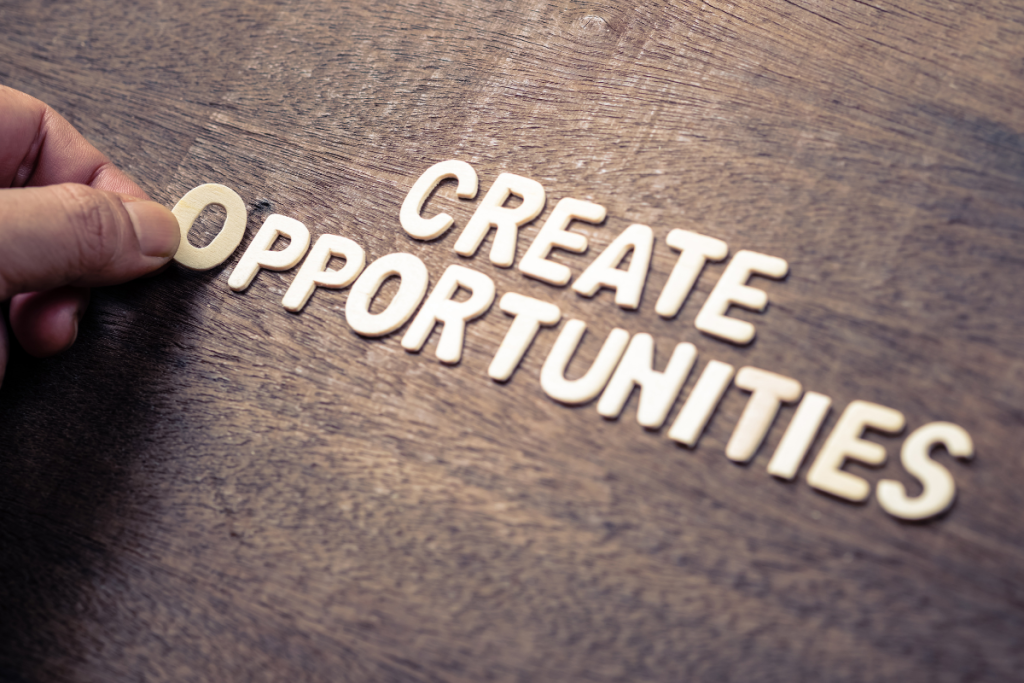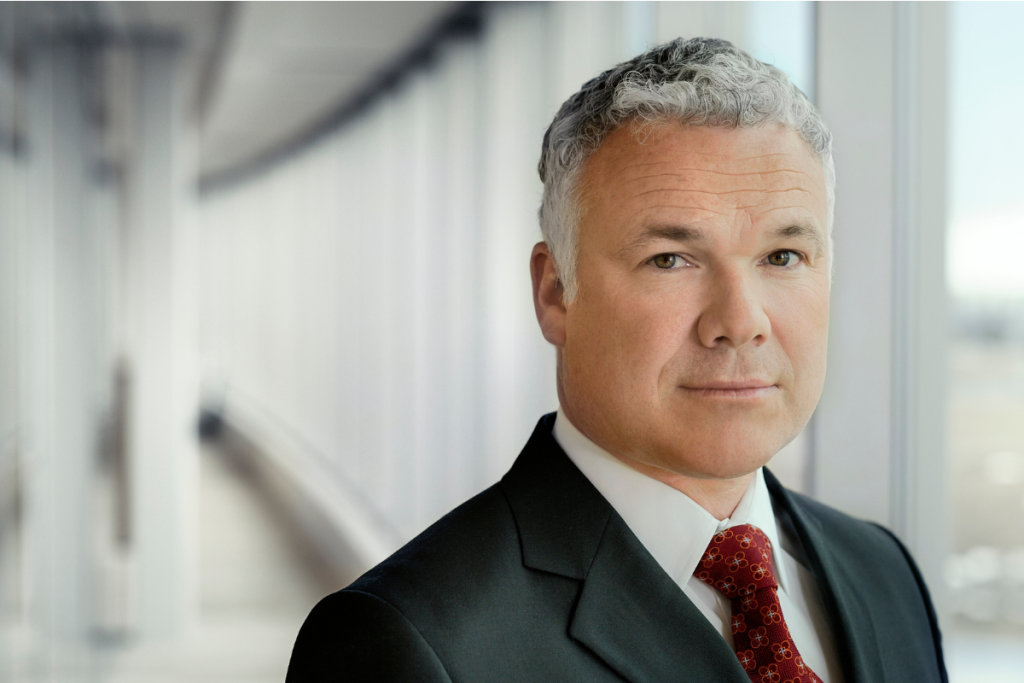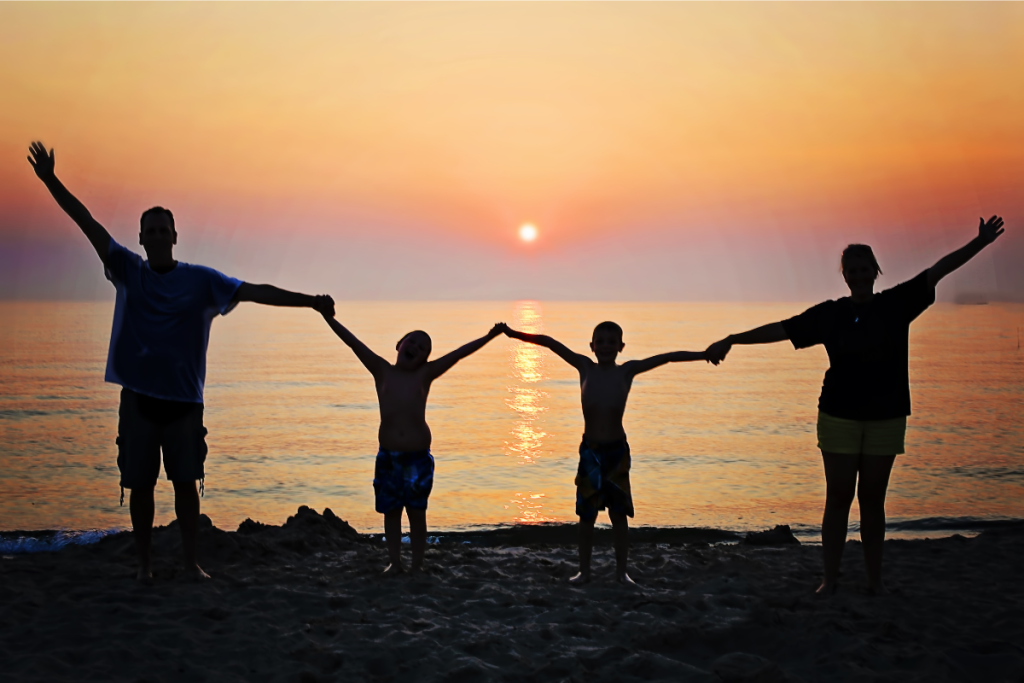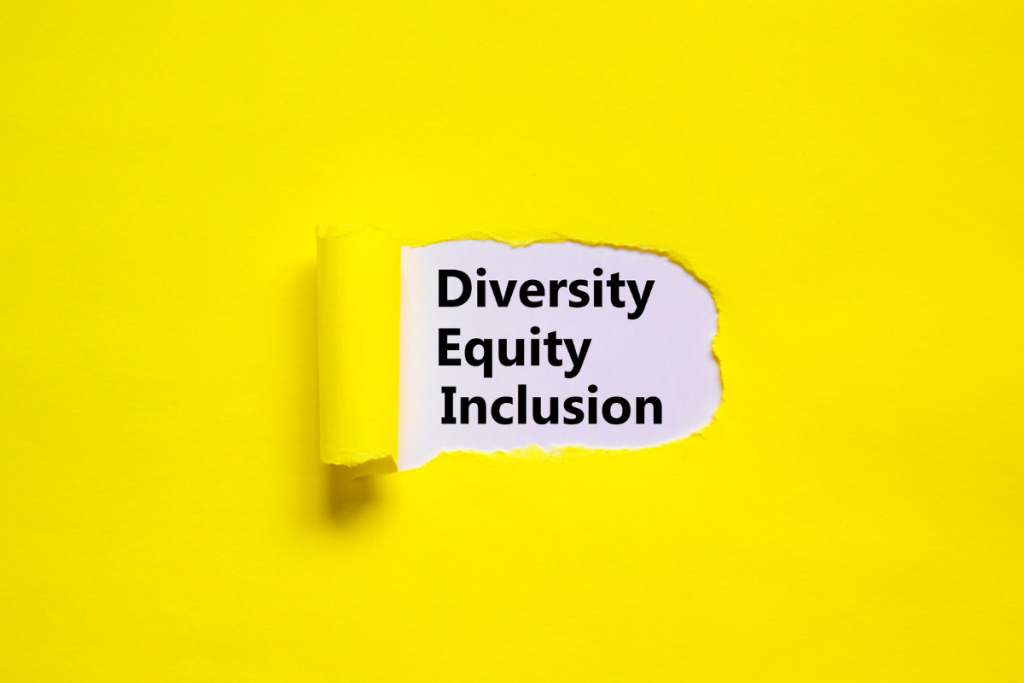Are DEI programs going away? The truth is, they’ve been around for much longer and will continue to have a lasting impact far beyond what many realize. Take Catalyst, for example—they’ve been helping companies worldwide advance fairness and DEI initiatives for 62 years. Surprised? I was too. To read the headlines one might think DEI only emerged a few years ago, like some fleeting trend we’re unsure about. The reality is, we know exactly how it’s unfolding (spoiler: it’s going well), and most of us, whether or not we’ve worked for a company with these policies, have benefited from them.

Recently, I had the privilege of discussing this very topic with Dr. Julie Cafley, Executive Director of Catalyst Canada, on What She Said. We explored what lies ahead for DEI in the workplace and why these initiatives are essential for creating fairer, more inclusive environments. This is not just about corporate policies; it’s about ongoing efforts that help ensure everyone has a fair chance to succeed. DEI is here to stay, and we all stand to gain from its progress.
DEI Is Not a Fad
One of the misconceptions driving the idea that DEI programs are fading is the sensationalized media coverage of a few high-profile companies pulling back. Yes, some organizations, like John Deere and Harley Davidson, have rolled back DEI initiatives. But it’s important to remember that this is not the full picture. The vast majority of companies that Catalyst supports remain deeply committed, and many are actively increasing their efforts to create inclusive environments.

As Julie shared, authentic DEI actions make organizations six times more likely to be viewed as fair by employees. Seventy-four percent of employees in companies with genuine DEI policies are also less likely to experience discrimination. These numbers tell a story: DEI, when approached authentically, creates workplaces where people want to be, and where they feel valued.
More Than Diversity: Understanding Equity and Inclusion
It’s essential to understand what DEI truly means. Diversity is about representation—ensuring diverse groups are at the table, from executive teams to boards. But representation alone isn’t enough. Julie highlighted research showing that, even with equal numbers, certain voices, particularly those of older white men, still dominate discussions. This points to why equity is so vital.
Equity isn’t just about giving everyone the same thing; it’s about creating an even playing field. It often means working more intentionally to sponsor and mentor those who aren’t traditionally in leadership positions. Leaders need to be deliberate in breaking down barriers that prevent women, racialized individuals, and other underrepresented groups from advancing. Only then can we move towards true inclusion, where everyone feels they belong and can speak up without fear.
The Role of Men in DEI
Another aspect we discussed is the critical role men play in advancing equity. Julie mentioned Catalyst’s program, Men Advocating Real Change (MARC), which helps undo biases and fosters gender partnership. One of the surprising stats she shared is that 94% of men experience masculine anxiety at work, yet many don’t know how to address biases when they see them. DEI doesn’t just benefit women and minorities—it also benefits men by addressing these kinds of anxieties and helping them become effective allies. It’s about creating workplaces that are supportive and fair for everyone.

Real DEI Is Authentic, Not Performative
One thing that cannot be overstated is the importance of authenticity in DEI. There’s a growing backlash against performative actions, especially among younger generations like Gen Z, who can quickly identify when a company is just ticking boxes rather than being genuinely inclusive. Julie pointed out that CEOs who speak with humility about mistakes they’ve made in DEI efforts make the most impact. These leaders show that real change comes from acknowledging where we fall short and striving to do better. No one gets it perfect every time, but honesty and a willingness to learn go a long way in building trust and making real progress.
DEI’s Broader Impact: From Workplaces to Homes
DEI initiatives don’t just stop at the office door. Julie shared inspiring stories of how the men who have gone through MARC training found themselves applying what they learned at home, too—recognizing biases in their family dynamics and working to change them. DEI has the power to improve our workplaces and our communities by creating environments that are kinder and more equitable for all.

The Headlines Don’t Match Reality
So, are DEI programs going away? No. Despite the headlines, most organizations remain committed, and the need for DEI is as strong as ever. We’re not at the finish line yet—there’s still much work to be done, especially around intersectionality and underrepresented groups like those with disabilities. But what gives me hope is the number of leaders and organizations pushing forward, undeterred by the noise.

Catalyst supports 400 organizations globally, and these companies are more committed than ever. The future of DEI isn’t bleak—it’s bright, provided we continue to push for meaningful, authentic change. The path forward is not easy, but it’s necessary, and it benefits everyone, regardless of gender, race, or background.